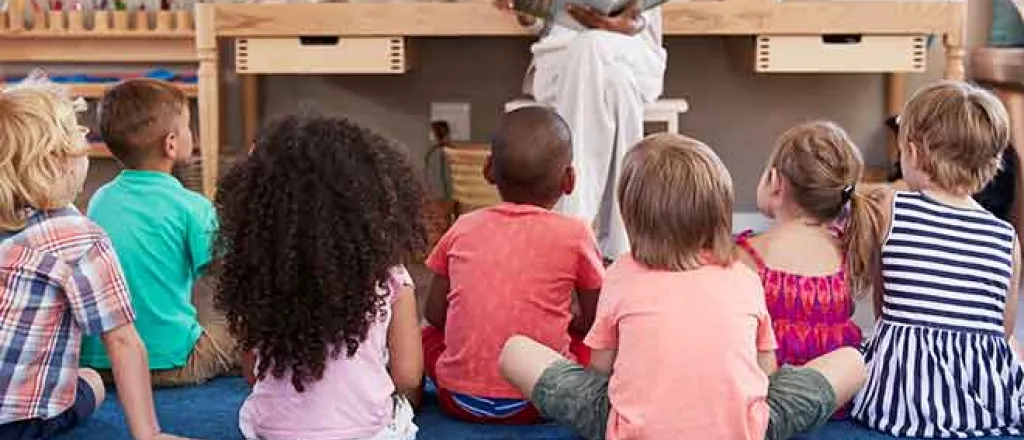
Report examines Utah child care crisis
(Utah News Connection) A new report found licensed child care programs in Utah are only able to serve about 36 percent of all children younger than 6 whose parents are working.
The Voices for Utah Children report aimed to provide policymakers and the public with an understanding of what is called "the urgent need for child care reform."
Mike Wade, owner of First Steps Childcare and Preschool in Salt Lake City, said he views the child care sector as being "stuck somewhere between the private sector and the social service sector." Wade considers child care an essential service, especially for mothers who want to work.
"With the cost of child care, I am very empathetic to the general public because it is so expensive," Wade explained. "Every time I look at my balance sheet and try and figure out where I am going to cut costs so that I don't have to raise tuition and things like that, there is just no room, aside from docking pay of my employees, which I am not willing to do."
On average, the annual cost of care for two children younger than 6 for a Utah household will cost 17 percent of a family's income. On top of rising costs, child care workers also face challenges as they often work for low wages and limited benefits. The median hourly wage for child care workers in the state is nearly $13 an hour.
The report states "Utah's child care crisis requires public investment to bridge the gap between what families can afford and the true cost of care."
The report highlighted the high cost of child care makes it even less accessible to low- and middle-income families, with rural families struggling most.
Summit County has the highest percentage of child care need, coming in at 54 percent. All other counties sit below 50 percent, and some rural counties such as Daggett, Piute, Rich and Wayne have no licensed child care available at all. Wade noted he is not surprised traditionally blue states have come up with what he calls "creative ways to address the problem." He supports investments in child care services from the state.
"On the books to most people, especially taxpayers, it's going to look like a net-negative endeavor," Wade acknowledged. "If you read the report, you'll notice how much money is lost just in Utah's economy and tax base because people do not have reliable, affordable and accessible child care."
Wade recognized the state "stepped up during the pandemic," thanks to stabilization grants which were helpful. The report states the funds were cut by 75 percent last month and will end by next spring, putting the progress made at risk.

















